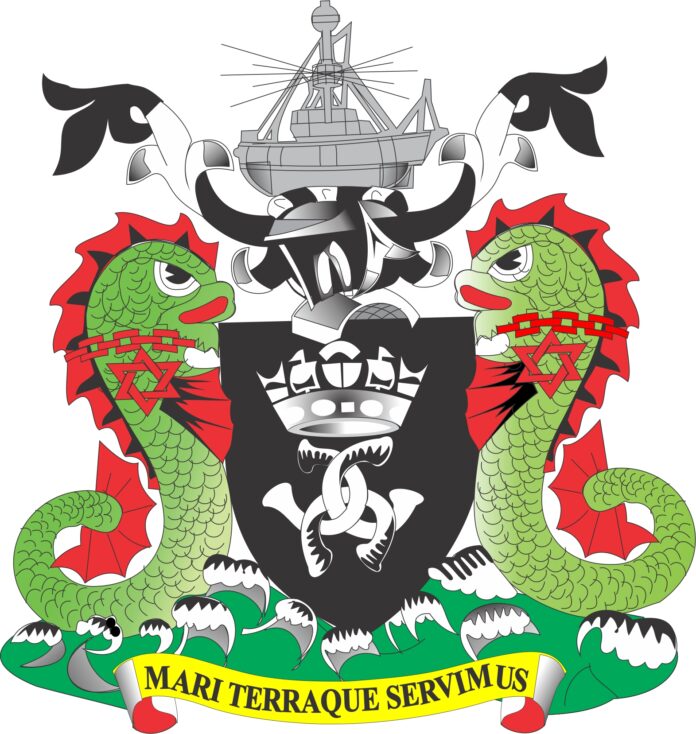The Nigerian Ports Authority (NPA) says is working with the United Kingdom Border Force to establish an Electronic Cargo Targeting System (ECTS), a Joint Port Control Unit (JPU) and a Mobile Task Force (MTF) that will enhance the work of Nigerian law enforcement agencies operating within the nation’s maritime domain by providing real-time data and business arterial intelligence tools.
The partnership between the two bodies covers security measures, coordination, information sharing and joint operations to check persons or activities that may cause harm to operations and investments in the nation’s port industry. It seeks to safeguard shipping and cargo traffic, improve intelligence gathering and deepen revenue from maritime trade.
NPA’s acting Managing Director, Mohammed Bello-Koko, described the partnership with the UK Border Force as strategic relations with long-term economic benefits to Nigeria and Britain.
The acting MD who was represented by the Executive Director, Marine and Operations, Hon. Onari Brown eulogized the UK Agency for the good work it is doing to safeguard the economic and national interests of Britain.
He expressed confidence in the partnership to engender efficiency and value for money in all aspects of port business in Nigeria.
Furthermore, the partnership would foster critical and sustainable capacity building and manpower development; prioritise the acquisition, deployment and utilisation of resources sensitive to threats and issues related to maritime security.
The Border Force is a law enforcement agency charged by the UK government to manage immigration and customs checks at all British seaports and airports.
UK Border Force Regional Operations Manager, West Africa, Kris Hawksfield, while commending the Authority for providing a safe environment for port services in the country said he is optimistic that the partnership will enhance Nigeria’s border management capabilities including strengthening the capacity of border law enforcement agencies to protect revenue, to disrupt criminal activities like money laundering, drugs, human trafficking and terrorism.
Other benefits, he said, are a decrease in incidences of illicit trade in and out of the country, better compliance to trade laws, culminating in improved performance of Nigerian Ports and an increase in the country’s global reputation.
























